New Social Sciences Faculty
16 new faculty members are joining us in the 2024-25 academic year!
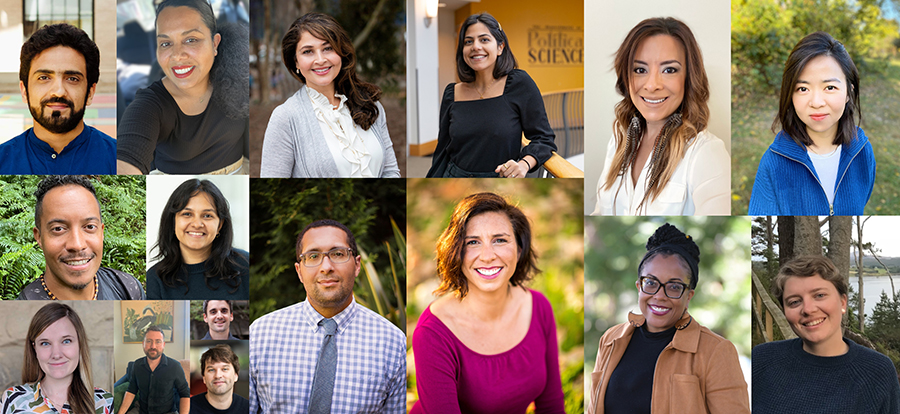
We are thrilled to welcome our new faculty members and look forward to the many ways they will contribute to the School of Social Sciences as researchers, thought leaders and teachers who will guide and inspire our students.
You can click each drawer below individually, to see the people who’ve joined that particular department, or you can “expand all” to see all 16 at once.Anthropology
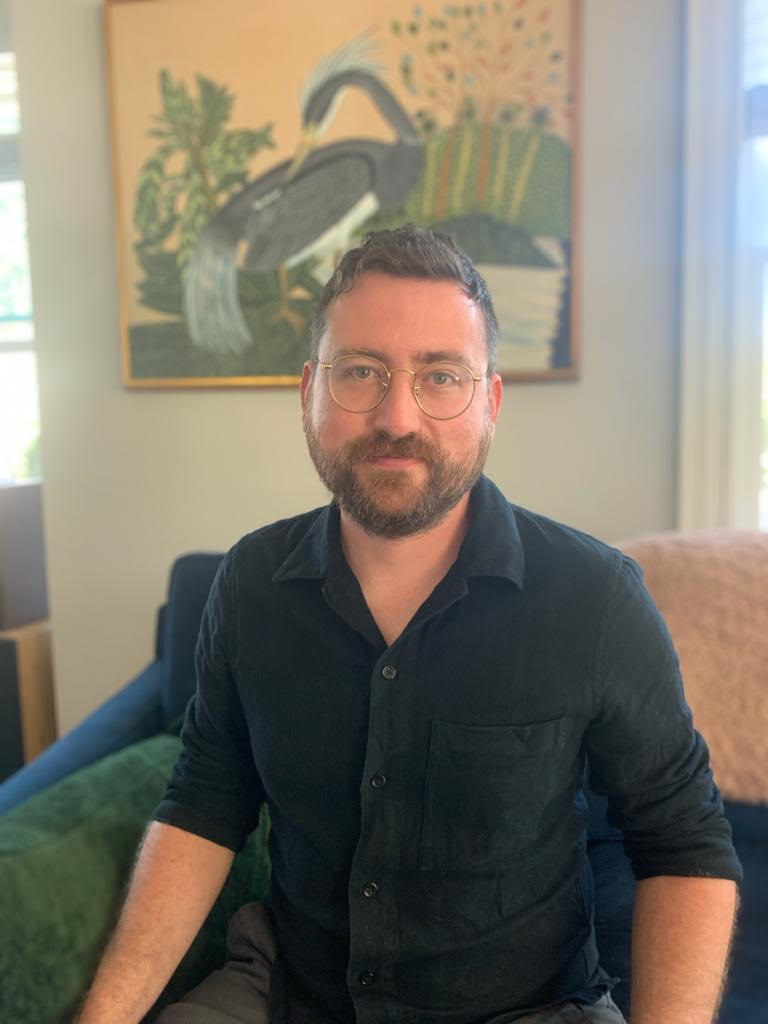 Zachary Dunseth
Zachary Dunseth
Associate Professor
Zachary Dunseth is the Kershaw Chair of the Archaeology of Ancient Israel and Neighboring Lands at UC San Diego. He is interested in exploring the long-term trajectories of human-animal-environmental interactions in deserts—how people lived, thrived and adapted to arid environments during climatic, environmental and social change. Using the microscopic physical and chemical fingerprints left behind in archaeological sediments, he explores questions about mobility, subsistence, and plant, animal and metal economies at both local and regional scales. Dunseth’s primary regional focus is the eastern Mediterranean where he has supervised and directed excavations at sites in modern Israel including Megiddo, Kiriath Jearim and Arad since 2012. He also has ongoing interdisciplinary collaborations with active and legacy projects in Jordan, Syria, Cyprus, the region of Sardinia in Italy and the southwestern United States. Outside of fieldwork, Dunseth is involved in efforts to foster open science initiatives in the archaeological sciences. He is a founding member of the International Committee on Open Phytolith Science, a community-building initiative that is working to connect and train researchers from around the world in FAIR and CARE data principles.
Cognitive Science
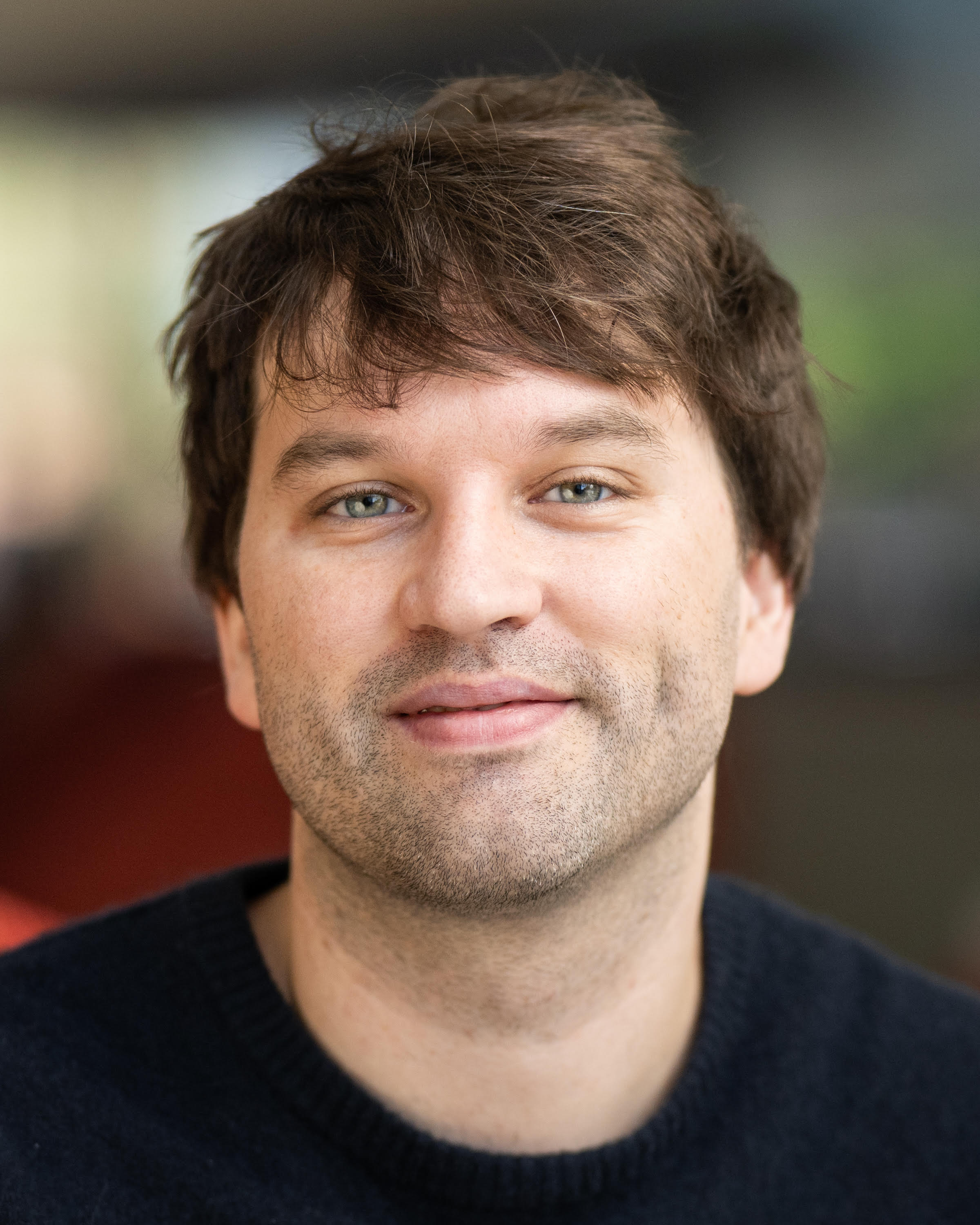 Martin Zettersten
Martin Zettersten
Assistant Teaching Professor
Martin Zettersten earned his Ph.D. in cognitive psychology at the University of Wisconsin-Madison. His research is focused on statistical learning mechanisms that support language development and how language learning shapes cognition and communication. He approaches these questions using an interdisciplinary, collaborative approach that combines experimental and computational techniques. Zettersten is passionate about building open, collaborative research communities and establishing large-scale team science projects such as Many Babies to address fundamental questions in cognitive developmental science. With Jessica Kosie, he received the Early Career Award from the Einstein Foundation Berlin in 2021. At UC San Diego, he teaches classes on modern tools and approaches to experimental methods and open science, as well as language and cognitive development.
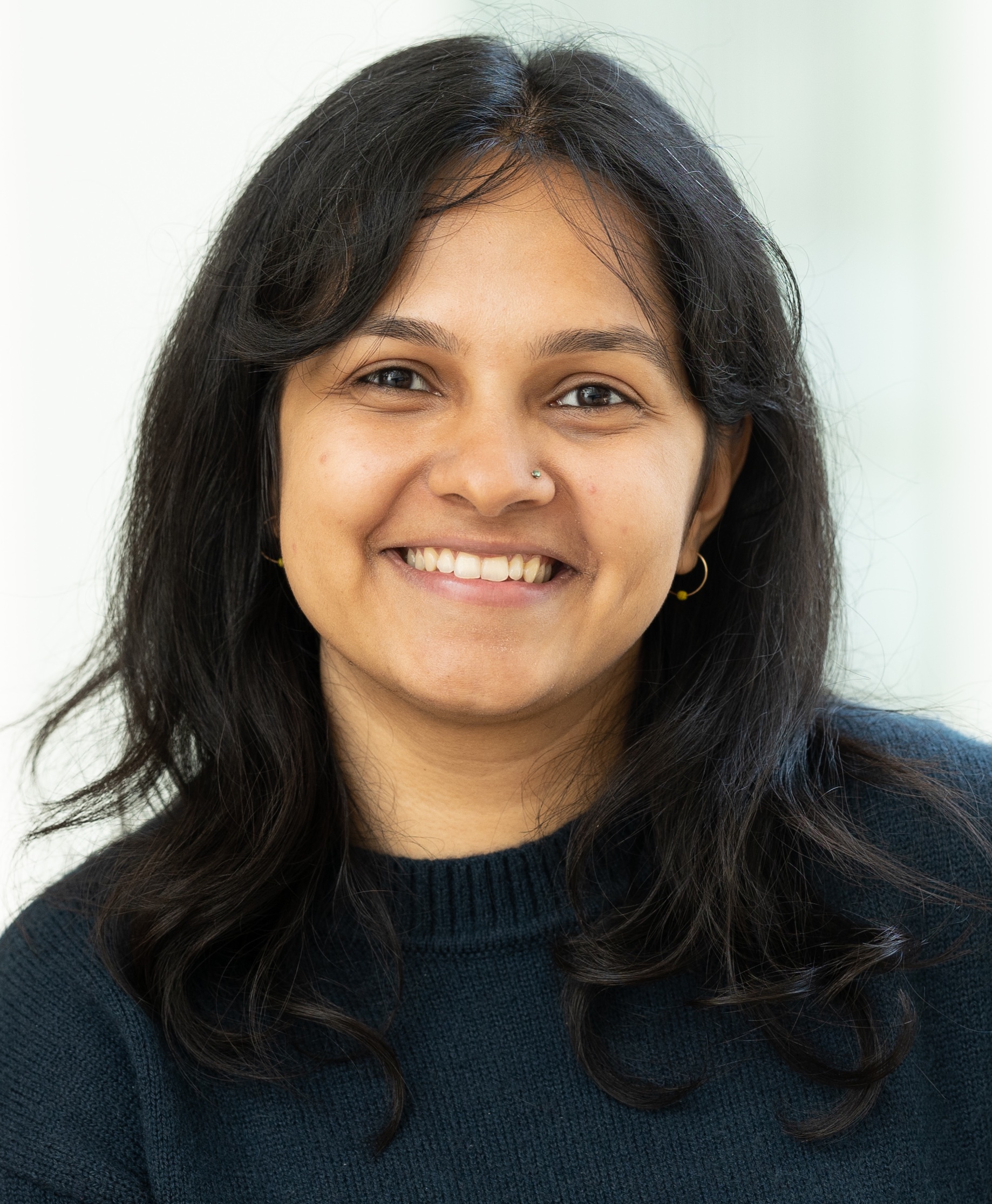 Meenakshi Khosla
Meenakshi Khosla
Assistant Professor
Meenakshi Khosla received her Ph.D. in electrical and computer engineering from Cornell University in 2021. She spearheads the NeuroML research group at UC San Diego. Her research interests are centered around understanding the mechanisms of information processing within both biological and artificial neural networks with a focus on exploring the representational alignment across these systems. Khosla's work lies at the crossroads of neuroscience, artificial intelligence and large-scale data analyses, primarily in the development of large-scale data driven approaches to accelerate neuroscientific discovery. She builds computational models to help explain the ‘what’, ‘how’ and ‘why’ of information processing in the brain, across domains such as vision, audition, language and multimodal perception.
Khosla’s web pageCommunication
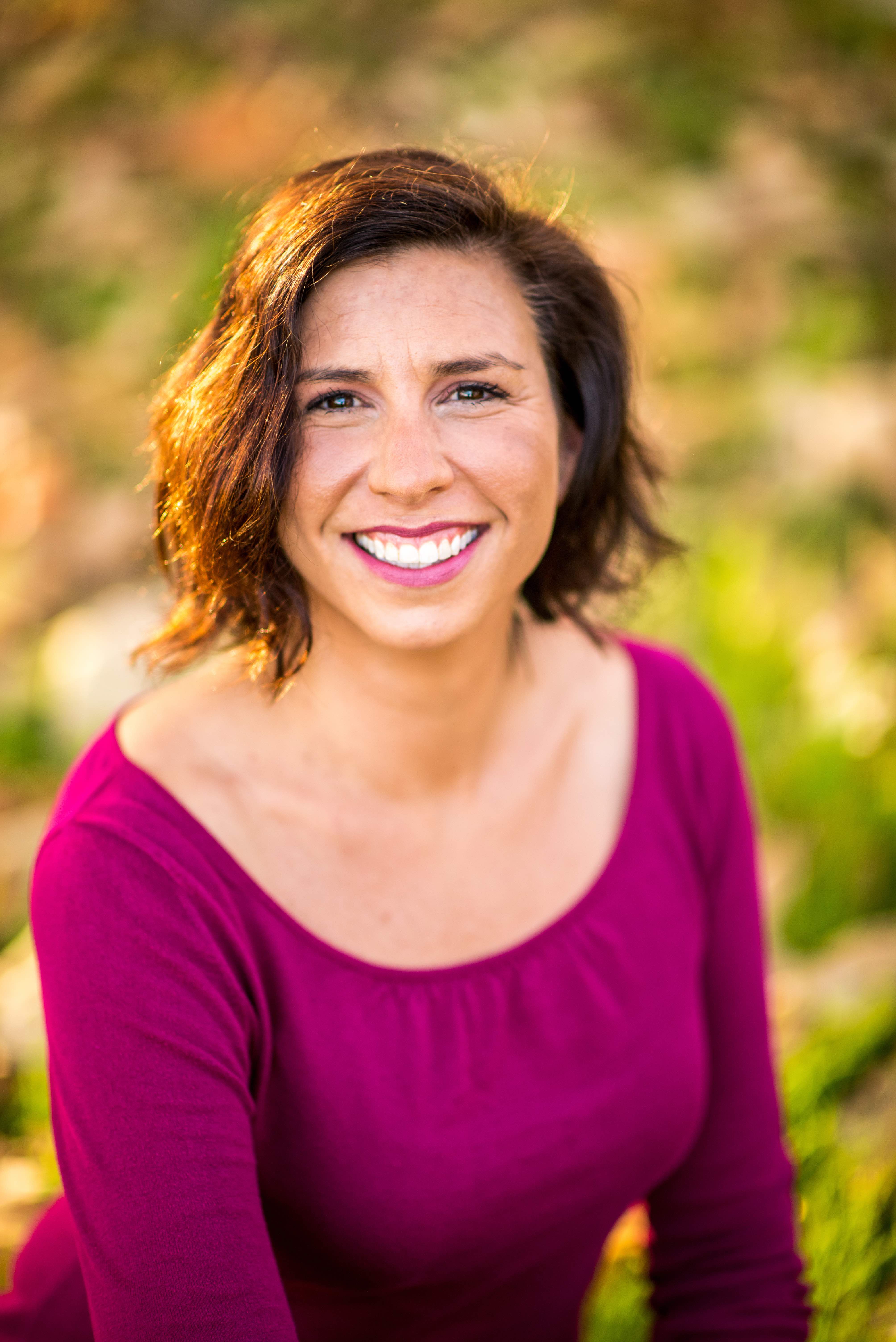 Megan Ybarra
Megan Ybarra
Associate Professor
Megan Ybarra is a human geographer who studies radical placemaking in organizing for environmental justice and abolition. Her research has included archival research of community records and planning documents, surveys, participant observation and institutional ethnography to explore the workings of power relations and promise of liberation. Ybarra’s book “Green Wars,” published by the University of California Press ( 2017), and its Spanish translation “Guerras Verdes,” published by AVANCSO (2020), expose the role of international conservation NGOs in criminalizing Indigenous land defenders and calls for land repatriation from Guatemalan protected areas to Q'eqchi' Maya Indigenous peoples. Ybarra serves on the editorial boards of The Professional Geographer; Antipode: A Radical Journal of Geography; and Environment & Planning D: Society & Space.
Ethnic Studies
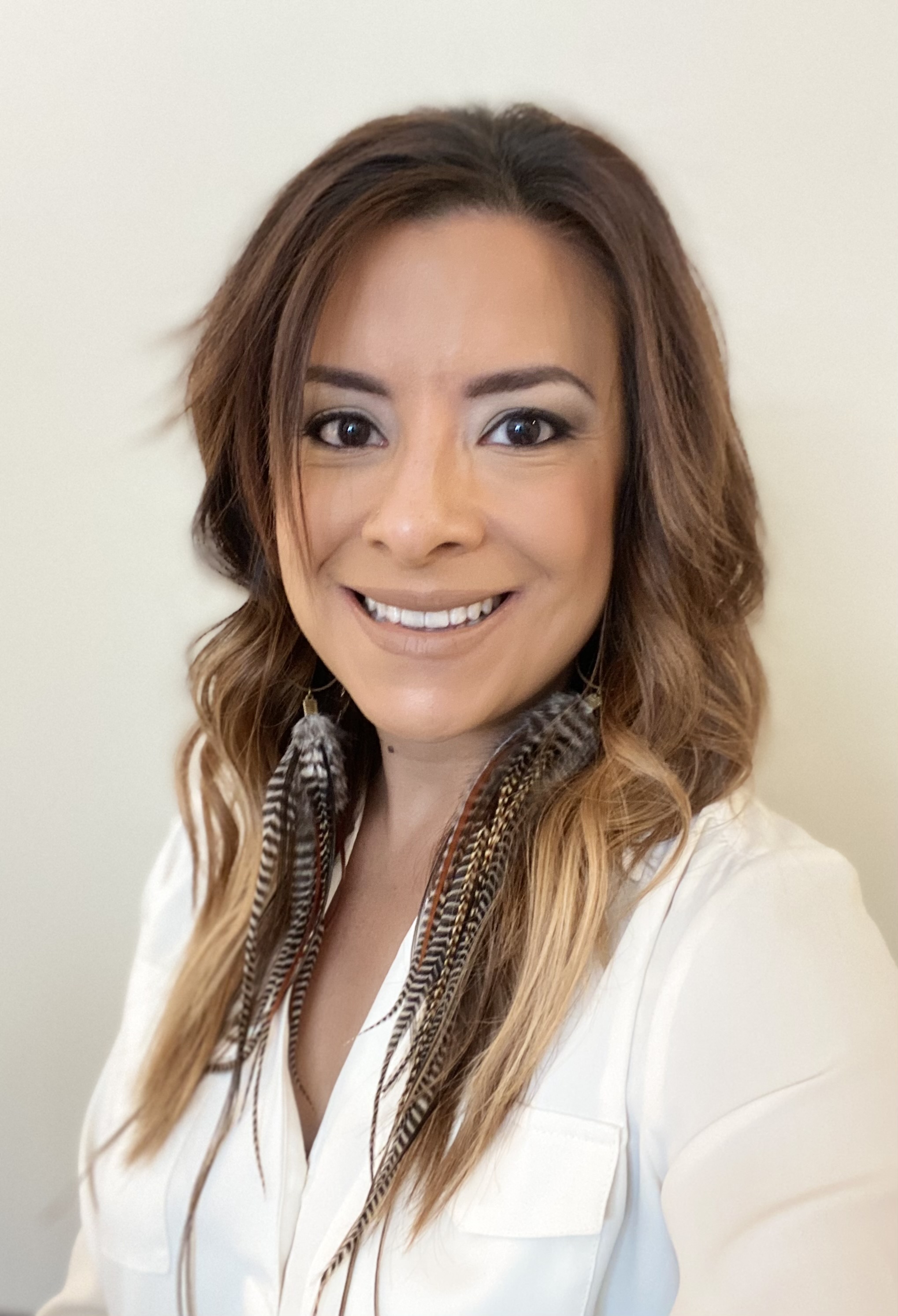 Brenda Wilson
Brenda Wilson
Assistant Teaching Professor
Brenda Wilson, who holds a joint appointment with the UC San Diego Global Health Program, received her Ph.D. in medical humanities from the University of Texas Medical Branch in 2019. Wilson’s research and teaching focus primarily on health disparities and the underlying social determinants, with an emphasis on structural violence, the role of power and politics, embodiment and critical histories. She has conducted photo-ethnographic fieldwork with Haitian migrant farmworkers in the Dominican Republic and with migrant farmworkers in India to examine how health inequalities are experienced and produced through historical, social, ecological, and political-economic factors. Her current research examines the health and geographic trajectories of asylum seekers and migrants from around the world who are crossing the US-Mexico border. Her other areas of teaching and research include precarious employment, critical race and gender studies, postcolonial science and technology studies, climate change and environmental health, short-term experiences in global health and social justice pedagogy. Wilson teaches undergraduate core courses that offer critical social studies of medicine, health and inequalities.
Linguistics
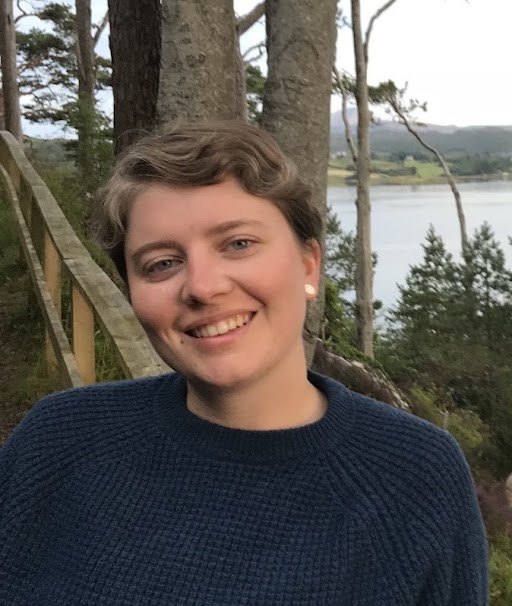 Rachel Dudley
Rachel Dudley
Assistant Professor
Rachel Dudley received her Ph.D. in linguistics from the University of Maryland in 2017. Prior to coming to UC San Diego, she held postdoctoral fellowships at École Normale Supérieure and Central European University. Her research is focused on the cognitive mechanisms underlying language development and integrates principles and methodologies from the fields of cognitive science, psychology, and linguistics. Dudley investigates how children acquire semantic and pragmatic competence, when they acquire it, what adult-like competence entails, and how these abilities link to broader issues of cognition. She employs a combination of behavioral experimentation, corpus analysis and theoretical insights to uncover the intricate processes involved in language acquisition. Dudley also uses experimental methods that facilitate probing the competence of infants, such as eye-tracking and looking-time experiments, to explore the early emergence of logical concepts and presuppositional understanding in infancy. She is currently engaged in a funded longitudinal study of childhood semantic development from infancy to school age. Her work both complements and builds on UC San Diego's existing strengths in research on language.
Political Science
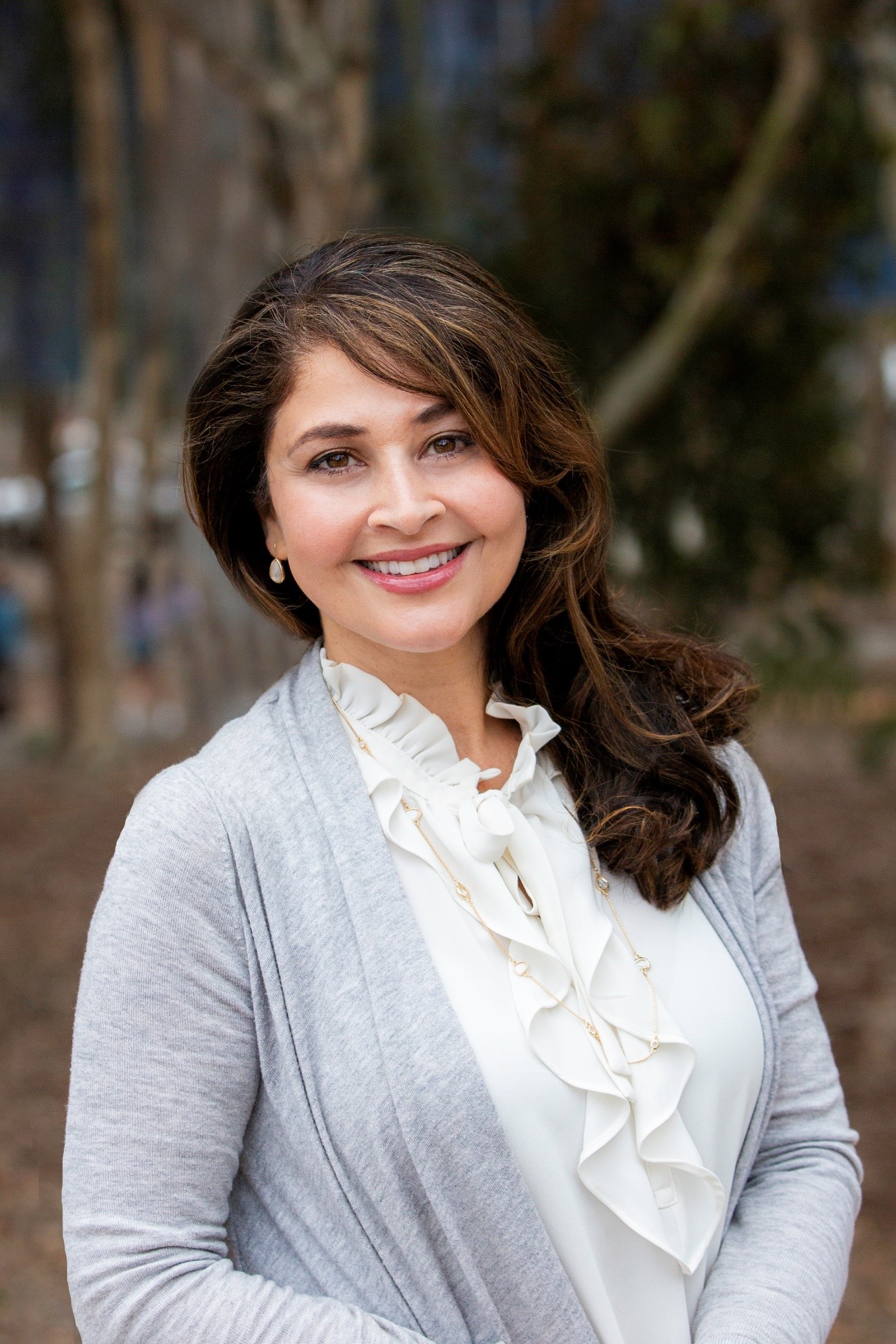
Maysa Nichter
Assistant Professor
Maysa Nichter received her law degree from UC Berkeley School of Law in 2006. As an attorney, she practiced intellectual property, corporate, and finance law at one of the world's largest law firms. While at the firm, she also successfully represented asylum applicants in partnership with the National Committee on Refugee and Immigrant Children. She then went on to serve as staff attorney with the nonprofit ChangeLab Solutions for several years prior to her transition to teaching and administration at UC Irvine School of Law. Since coming to UC San Diego in 2020, Nichter’s teaching, research and community engagement has focused on enhancing the university’s pre-law curriculum and support programs. Her courses include Introduction to Legal Reasoning, Introduction to Business Law, Introduction to Contracts and Introduction to Intellectual Property. In addition to teaching, she serves as the director of the university’s Krinsk-Houston Law & Politics Initiative as well as UC San Diego's Local Internship Research Program in the Department of Political Science. She also serves as faculty advisor to several pre-law student organizations including the Moot Court team, Undergraduate Law Review and Pre-Law Coalition. In 2024, Nichter was awarded UC San Diego’s Academic Senate Distinguished Teaching Award in recognition of her teaching excellence.
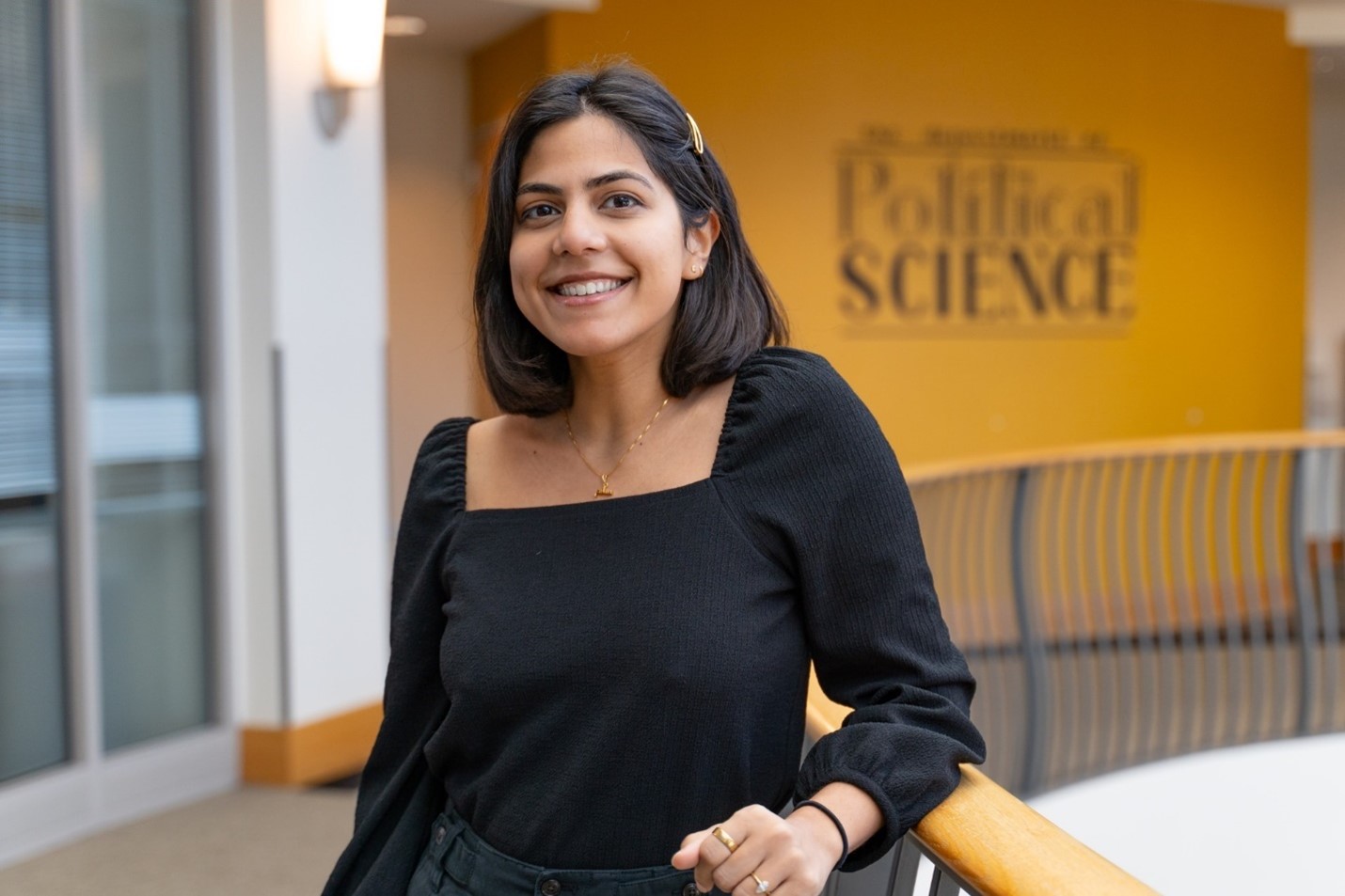 Amna Salam
Amna Salam
Assistant Professor
Amna Salam earned her Ph.D. in political science from the University of Rochester in 2023. She studies American political institutions using formal models and empirical methods. She is particularly interested in how actors within the legal system can work strategically to advance their political and ideological objectives. She is currently working on various projects considering the incentives and behavior of judges, lawyers, and police officers. Prior to coming to UC San Diego, she was a postdoctoral research fellow at the Center for the Study of Democratic Institutions at Vanderbilt University. She was the 2019-2020 W. Allen Wallis graduate fellow in Political Economy at the University of Rochester.
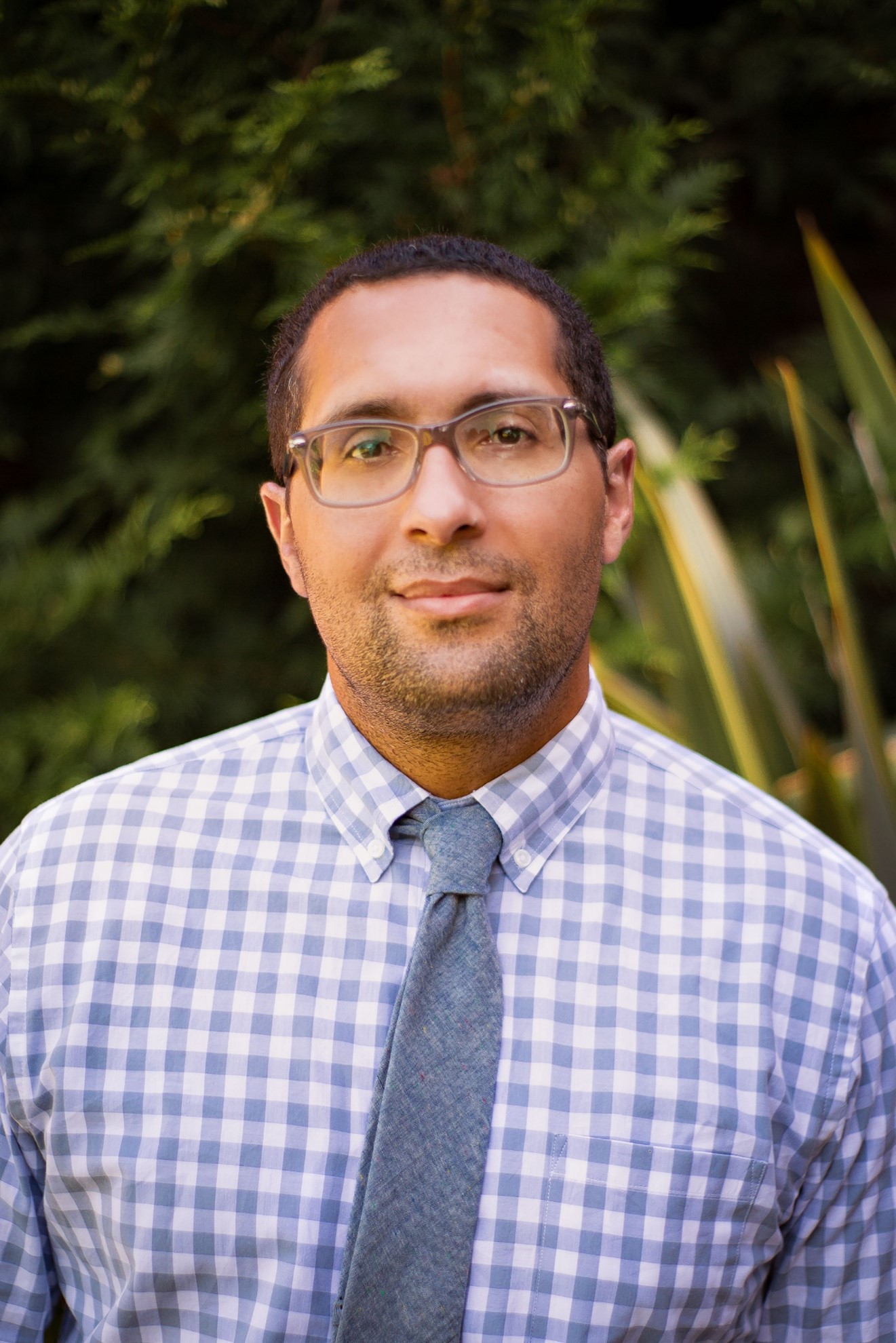 Christopher Stout
Christopher Stout
Professor
Christopher Stout earned his Ph.D. in political science from the University of California, Irvine. His research is focused on how voters in the United States respond to race-based messages from political candidates and elected officials. His work in this area has won several awards including Best Book in U.S. Electoral Politics from the Race, Ethnicity and Politics section of the American Political Science Association and the W.E.B. Dubois Best Book award from the National Conference of Black Political Scientists. Prior to joining UC San Diego, Stout taught courses on Congress, political behavior and race relations in the United States at Oregon State University, Southern Illinois University and Wellesley College.
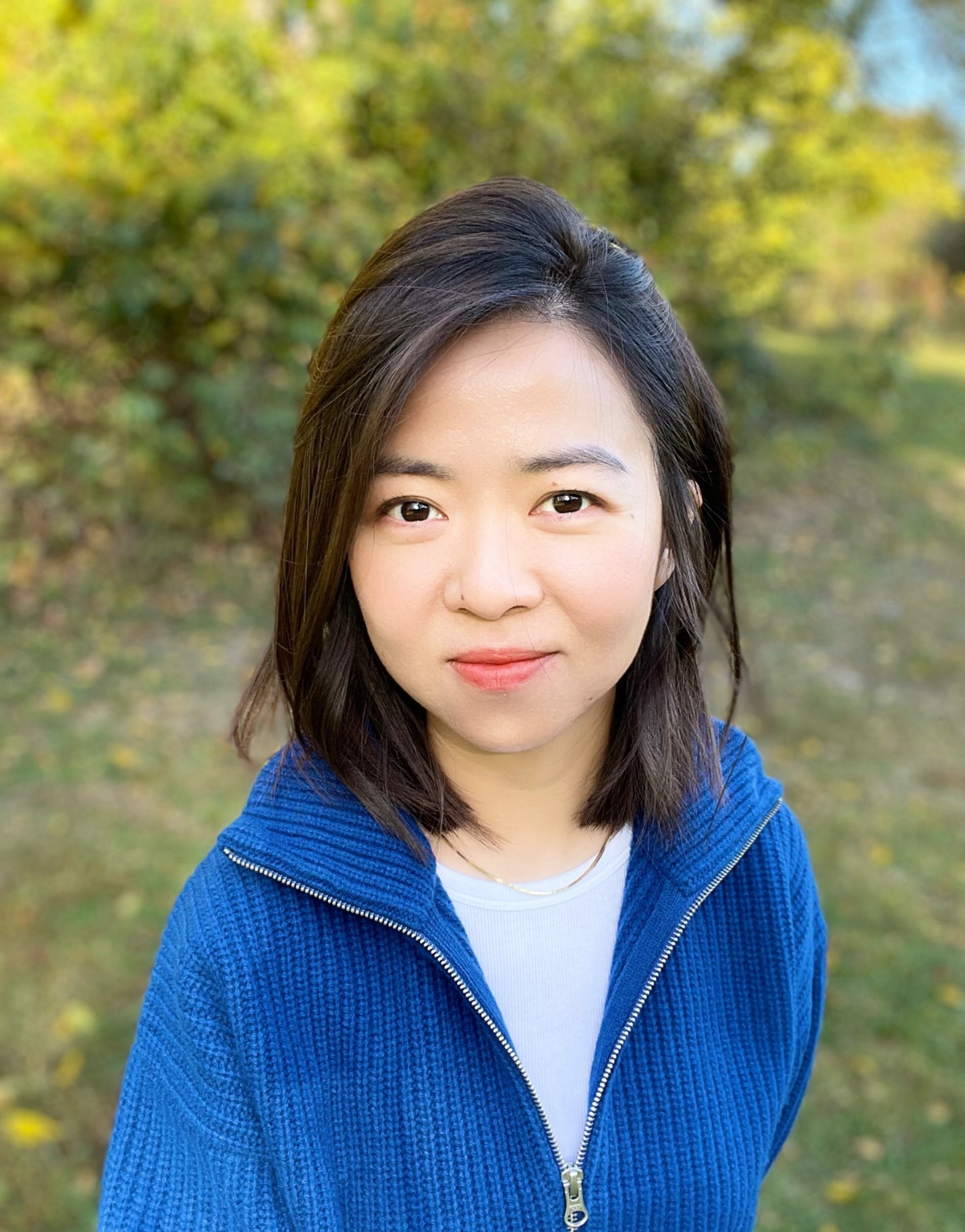 Guoer Liu
Guoer Liu
Assistant Professor
Guoer Liu received her Ph.D. in political science and scientific computing at the University of Michigan in 2024. Her research explores the politics of automated data, particularly in official statistics and government records, with China as the primary focus. In her dissertation, she examines how political institutions distort the technological infrastructure underlying automated air quality data in China by introducing bias into data generated without direct human intervention. She also has a separate strand of research in political methodology, focusing on causal inference and survey experiments. Her work has received support from the National Science Foundation and won multiple professional awards. At UC San Diego, she teaches comparative politics and political methodology at both graduate and undergraduate levels.
Psychology
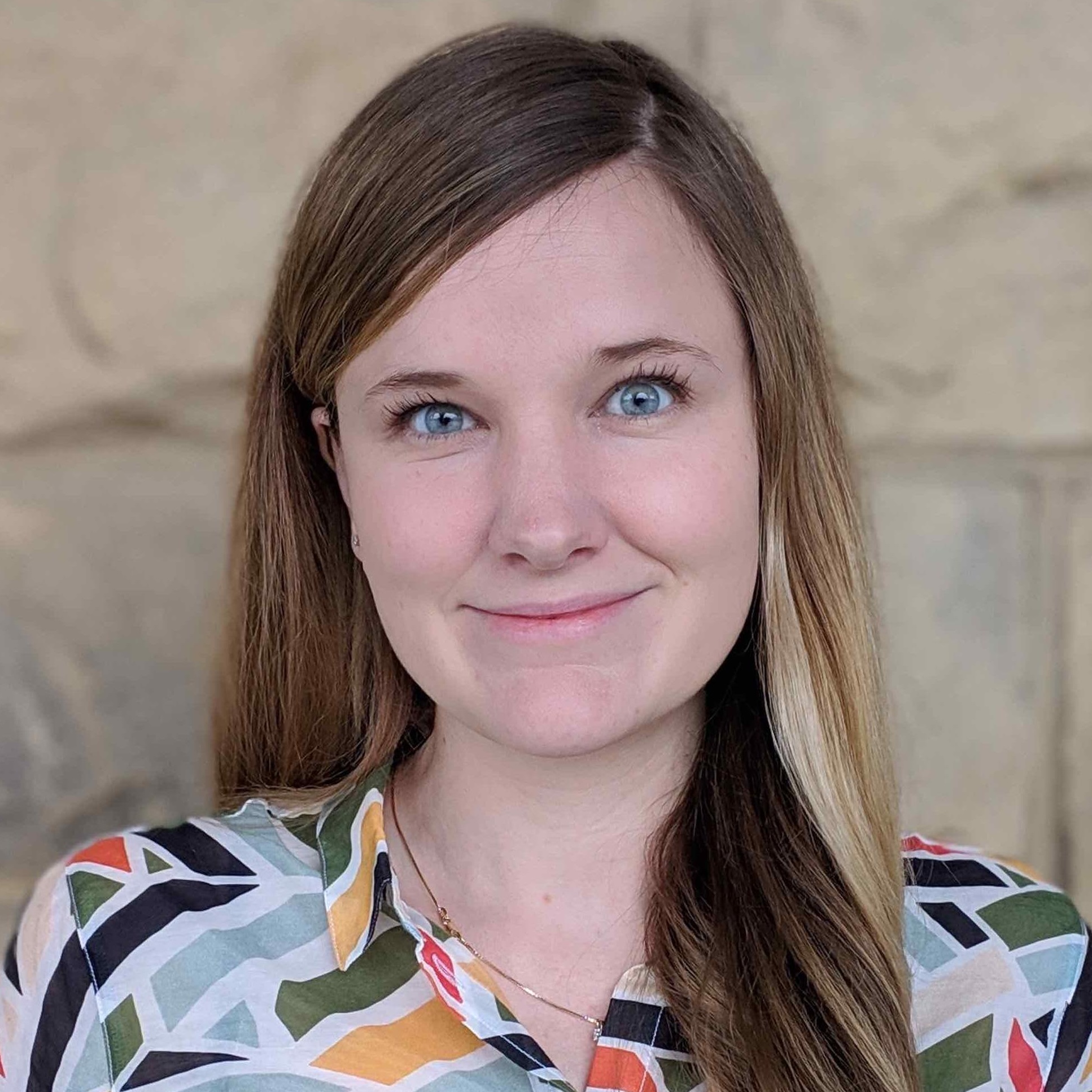 Bria Long
Bria Long
Assistant Professor
Bria Long earned her Ph.D. in cognitive psychology in 2017 from Harvard University. Her research utilizes both empirical and computational methods to study how children learn the visual categories that words refer to, especially in naturalistic, everyday environments. At UC San Diego, Long teaches the core experimental methods curriculum for graduate students in psychology and also offers an undergraduate seminar on models of early learning. She was a National Science Foundation postdoctoral research fellow from 2017-2019 and was awarded the National Institutes of Health Pathway to Independence Award in 2022 from the Eunice Kennedy Shriver National Institute of Child Health and Human Development. Long was a postdoctoral fellow at Stanford University from 2017-24.
Sociology
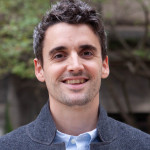
Jake Watson
Assistant Professor
Jake Watson received his Ph.D. in sociology from Boston University in 2021. Prior to joining UC San Diego, he was a collegiate assistant professor at the University of Chicago and a postdoctoral fellow in sociology at Vanderbilt University. Watson uses mixed methods approaches – both qualitative and quantitative research methods – to study the governance of international migration with a focus on refugees. He explores how and why states classify different groups of migrants as worthy of admission, status, and resources, and how these decisions become embedded in organizational and bureaucratic systems. He also studies how migrants develop a sense of political subjectivity through interactions with the law in their everyday lives. Watson’s work has been funded by the Boston-based Initiative on Cities and Henry S. Newman Fellowship. He has received numerous awards including the Global and Transnational Sociology Best Graduate Student Paper Award in 2018 and Louis Wirth Best Article Award from the American Sociological Association in 2024. At UC San Diego, Watson teaches undergraduate and graduate-level courses in immigration, incorporation and identity, refugees, and environmental migration.
Urban Studies and Planning
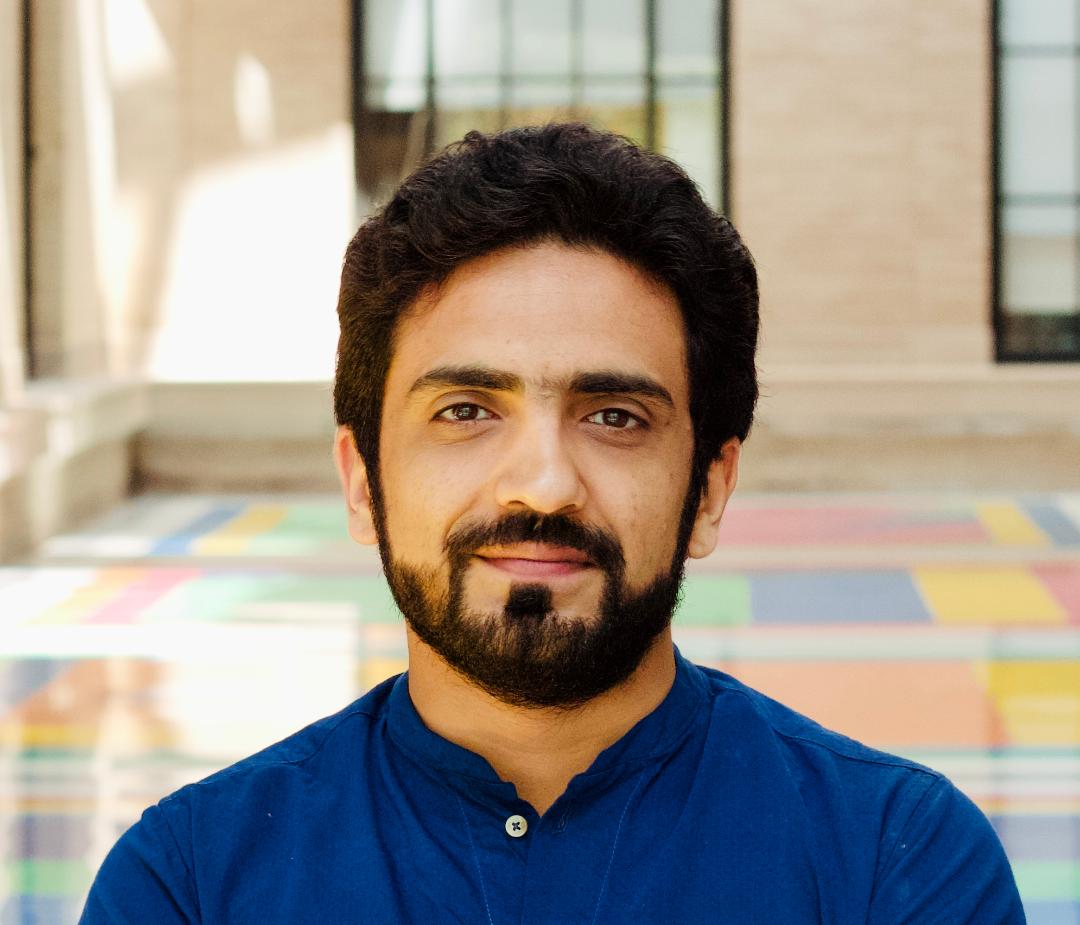 Behram Wali
Behram Wali
Assistant Professor
Behram Wali received his Ph.D. in transportation engineering from the University of Tennessee, Knoxville in 2018. Prior to being named assistant professor, Wali was an associate project scientist at UC San Diego. He has also served as lead research scientist at Urban Design 4 Health and was a postdoctoral scholar at the Massachusetts Institute of Technology. Wali’s main research focus is on evaluating how the integration of socio-physical and cyber-physical systems impact human attitudes and behaviors with implications for traffic safety, smart mobility and health. His work is methodologically rooted in developing new simulation-assisted and machine learning-based behavioral frameworks to simultaneously capture random, systematic, and spatial heterogeneity in infrastructural impacts on human behavior. His doctoral and subsequent research in these areas has been funded by the National Science Foundation, National Institutes of Health, the U.S. Department of Transportation and the Environmental Protection Agency. Wali is the recipient of the Distinguished Scientific Papers – Americas award from the 2016 Intelligent Transportation Systems World Congress and 2017 Outstanding Paper Award by the Transportation Research Board of U.S. National Academies. He received sponsorship and funding from the Transportation Research Board's Strategic Highway Research Program for his naturalistic driving research. At UC San Diego, Wali teaches undergraduate and graduate courses in road safety, smart cities, intelligent transport systems, and various courses in basic and advanced quantitative modeling methods.
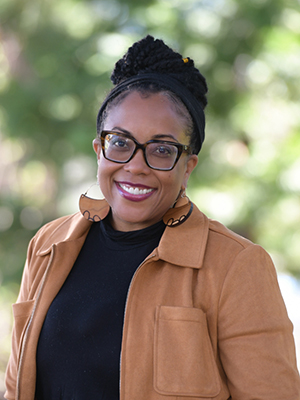 Caroline Collins
Caroline Collins
Assistant Professor
Caroline Collins joined the Department of Urban Studies and Planning in July 2024 as an assistant professor of Social and Spatial Justice and holds campus affiliations with the Democracy Lab, the Indigenous Futures Institute, the Scripps Center for Marine Archeology and the Design Lab. Collins received her Ph.D. in Communication from UC San Diego in 2019, followed by a Cathryn P. Gamble Social Impact Postdoctoral Fellowship at UC San Diego and a UC President’s postdoctoral fellowship in the Department of History at UC Irvine. Her primary interests include public memory and the built environment, historic preservation, California and the American West and the Black Pacific. Collins is currently under contract with UC Press for her first book manuscript exploring the making of race and place at Old Town San Diego State Historic Park. Her articles have appeared in journals including UC Press’ California History, the International Journal of Transitional Justice, and Public: A Journal of Imagining America. Her methodologies include archival methods, ethnographic study, media production and public history exhibition. Collins' second major research project examining Black people’s long connections to what is now the U.S. Pacific received funding from California Humanities and the National Endowment for the Humanities. A highly rated instructor and recipient of a UC San Diego Panhellenic Teaching Award, Collins offers new undergraduate and graduate courses on historic preservation, heritage tourism, environmental histories of race and the history of San Diego, and teaches various courses on research methodology.
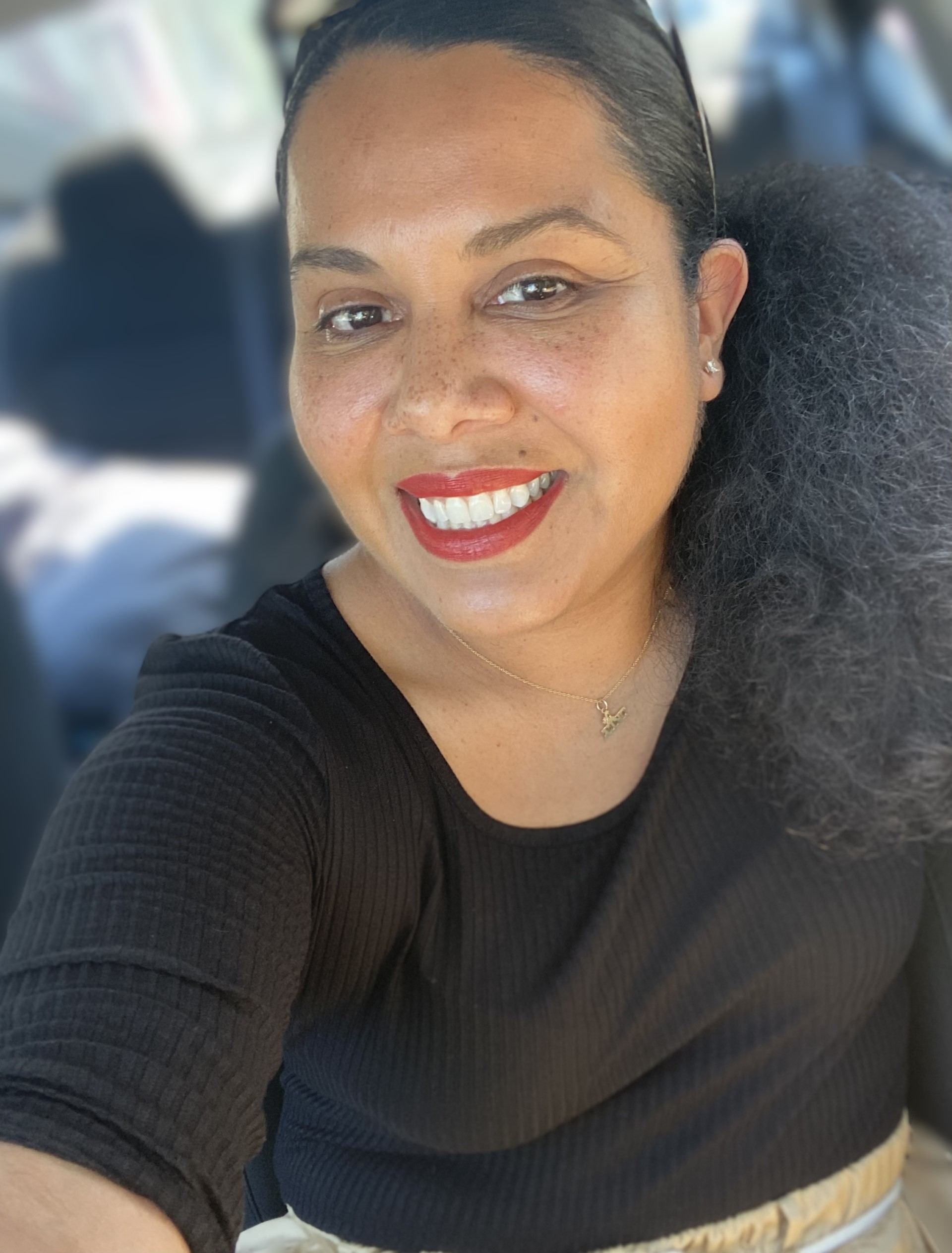 Guadalupe Garcia
Guadalupe Garcia
Associate Professor
Guadalupe García received her Ph.D. in history from the University of North Carolina at Chapel Hill. Prior to her appointment at UC San Diego, she was an associate professor of history at Florida International University in Miami and Tulane University in New Orleans. Her research examines the intersections of colonialism, empire and urban geographies. Her work is also focused on free Black and enslaved peoples in Havana, Cuba. Garcia is currently the President of the Society for American Regional Planning History. She is the recipient of fellowships from the Advanced Research Collaborative of the CUNY Graduate Center and the John Carter Brown Library in Providence, Rhode Island. She has also held a Transatlantic Research Fellowship at the University of Warwick in the UK. García’s work specializes in the history of cities in Latin America and the Caribbean. Her work with graduate students received the 2021-2022 Presidential Award for Excellence in Graduate Teaching from Tulane University. At UC San Diego, Garcia teaches courses on the cities and geographies of Latin America and the circum-Caribbean, as well as on digital and archival methods.
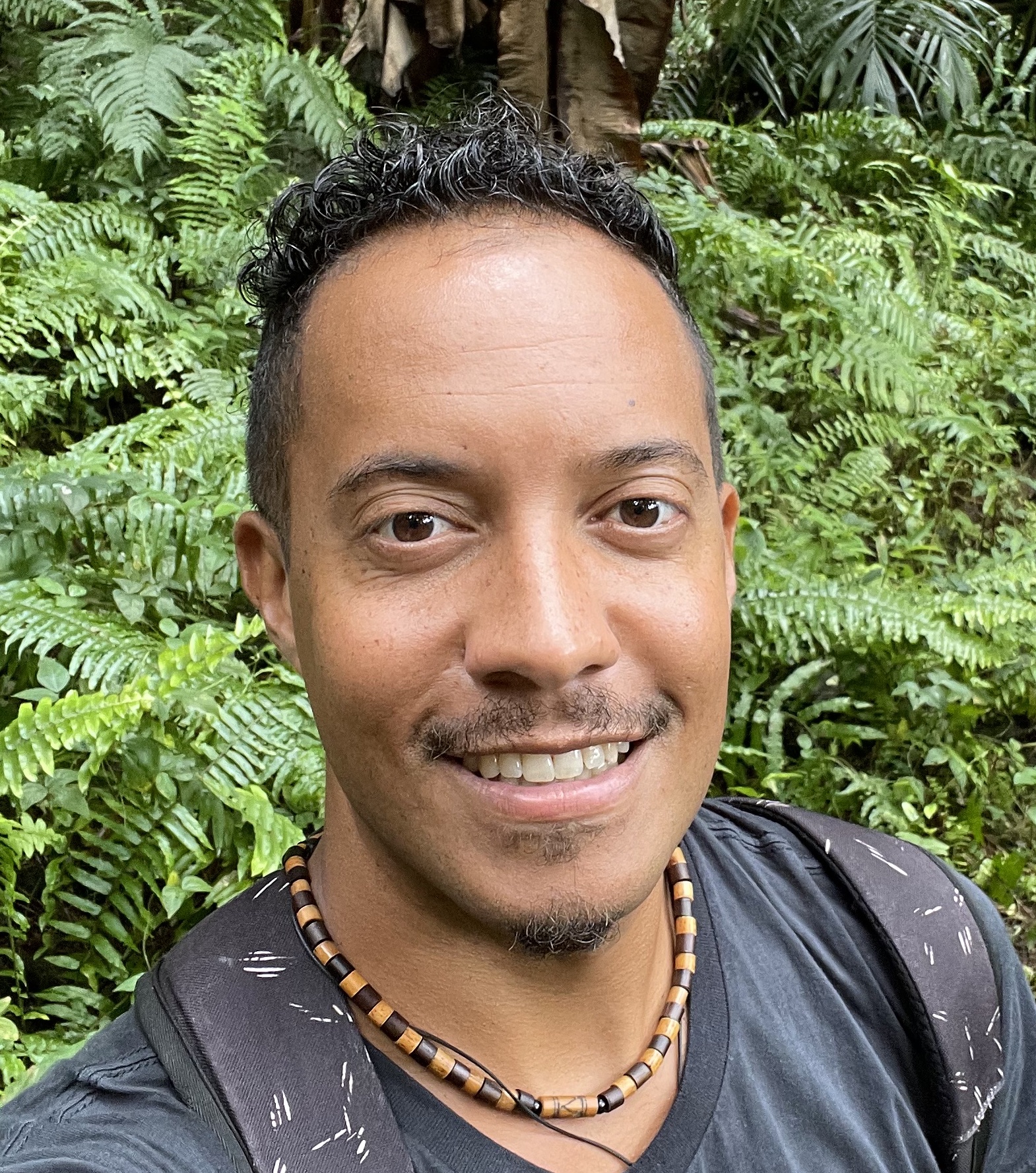 Teo Wickland
Teo Wickland
Assistant Professor
Teo Wickland earned his Ph.D. in Urban Planning from UCLA in 2021, and he completed postdoctoral research with fellowships at Brown University and the University of Arizona. His research has been funded by numerous awards including a Chateaubriand Fellowship from the Embassy of France in the United States; Dwight D. Eisenhower Transportation Fellowships from the U.S. Department of Transportation; and a Eugene V. Cota-Robles Fellowship from the University of California. Wickland’s research is focused on pasts and possibilities of social and environmental transformation, with emphasis on histories of ideas, transportation systems and deep diversity. At UC San Diego, he will pursue major research projects that will contribute to the Department of Urban Studies and Planning’s themes around transportation, environment, and social justice. They will also contribute to ongoing work at the Design Lab and the Indigenous Futures Institute. Wickland’s teaching has been recognized by consistently high ratings and a faculty award from the American Planning Association. He will teach a core undergraduate course on the city and social theory, as well as upper division and graduate courses emphasizing critical and creative perspectives on transportation, climate change, and planning and design processes.
